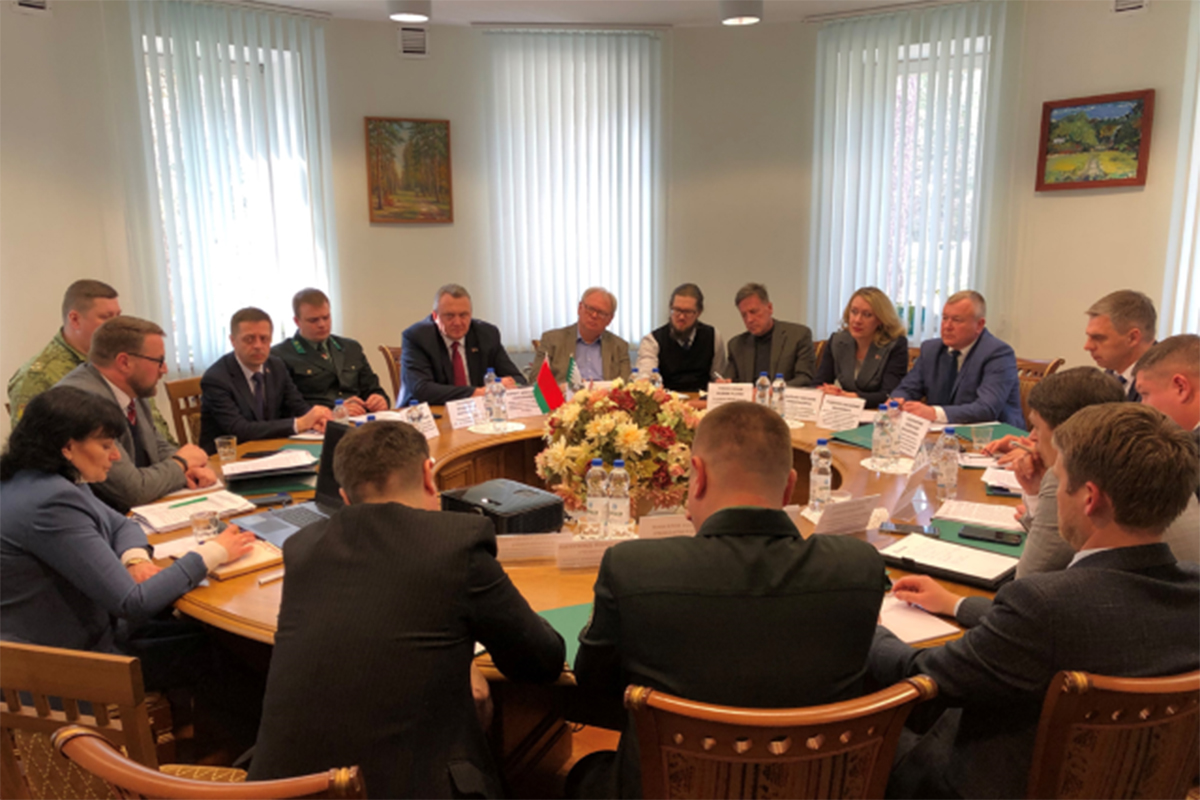Ministry of Natural Resources: destruction of integrity of Belovezhskaya Pushcha ecosystems poses risks to European ecosystems
The destruction of the integrity of the Belovezhskaya Pushcha ecosystems could threaten the ecosystems of the entire European region – as stated by Belarus’ First Deputy Minister of Natural Resources and Environmental Protection Aleksandr Korbut during a round table discussion at the Belovezhskaya Pushcha National Park, sb.by reports with reference to the Ministry of Natural Resources and Environmental Protection
Representatives of the Belarus President Property Management Directorate, the State Control Committee, the Ministry of Natural Resources and Environmental Protection, the State Border Committee, the Brest and Grodno regional executive committees, the Belovezhskaya Pushcha National Park, the National Academy of Sciences have met with international experts from the UNESCO World Heritage Centre and the International Union for Conservation of Nature (IUCN).
Addressing the participants, First Deputy Minister of Natural Resources and Environmental Protection Aleksandr Korbut underlined that the Belovezhskaya Pushcha is of enormous importance for Belarusians being a unique natural site with relict forests, a wide variety of flora and fauna, as well as historical heritage that must be preserved and pass on to future generations. “In this regard, it seems extremely important to prevent any interference in the processes that have taken place in the Belovezhskaya Pushcha for centuries,” he added.
As soon as the first information appeared regarding the Polish side’s intention to build a barrier structure along the Belarusian-Polish state border and thereby ‘cut’ into pieces the single natural system of the Belovezhskaya Pushcha, Belarus immediately began to take action in order to prevent harm to the ecosystems of the object.
Belarus’ Ministry of Natural Resources and Environmental Protection has applied for assistance in settling this important issue to many competent international organisations and bodies of multilateral environmental agreements. Unfortunately, only UNESCO – as an organisation that truly conscientiously and absolutely impartially performs its functions – realised the scale of the unfolding tragedy and decided to send a reactive monitoring mission.
During the round table discussion, the participants shared views on the current situation and discussed in detail – from a scientific point of view – the issue of the negative impact of the Polish barrier structure on the Belovezhskaya Pushcha ecosystems and natural sites.
After preparing a report on the reactive monitoring mission, international experts will provide it to the Belarusian side for review. The results of the mission will be considered during the 46th session of the UNESCO World Heritage Committee, to take place from July 21st-31st, 2024, in Delhi (India).




